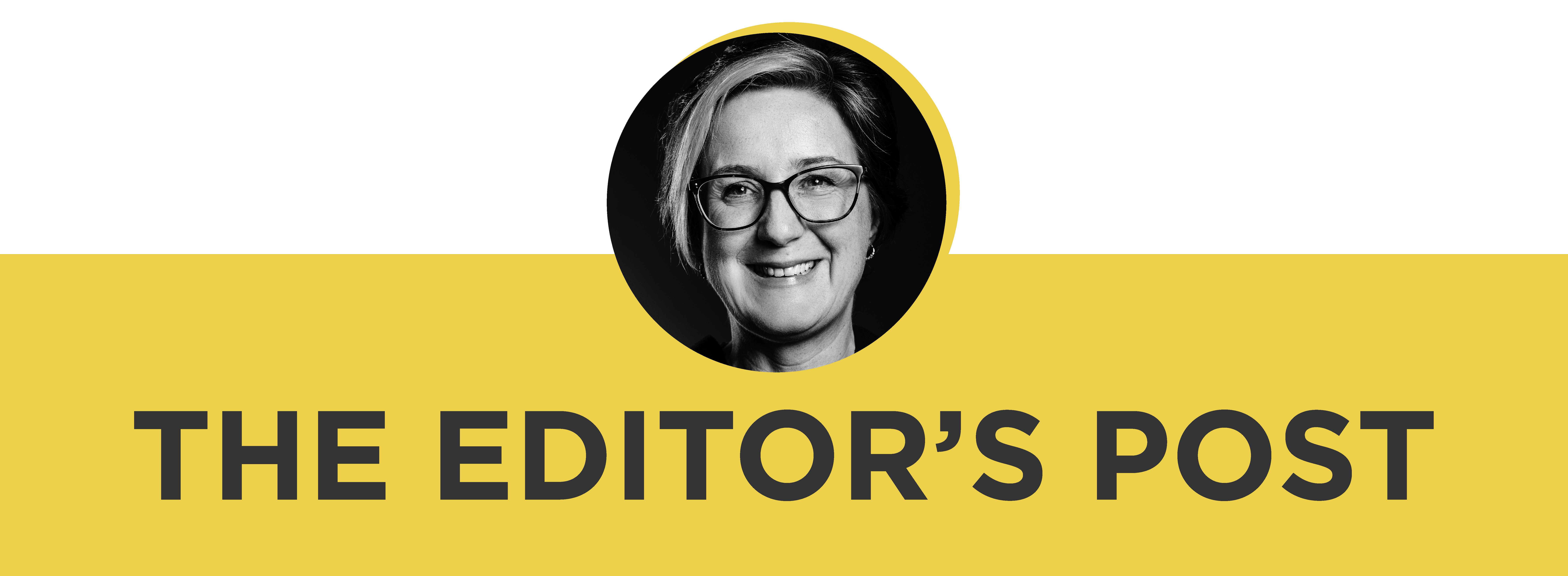You need to be a Pioneers Post member to access this story.
Click here to log in to your account.

Not a member yet? Click below to unlock unrestricted access to all our content – stories and insight from two decades of specialist coverage from around the world.
Already a member but forgotten your password? Click here to request a new password.

